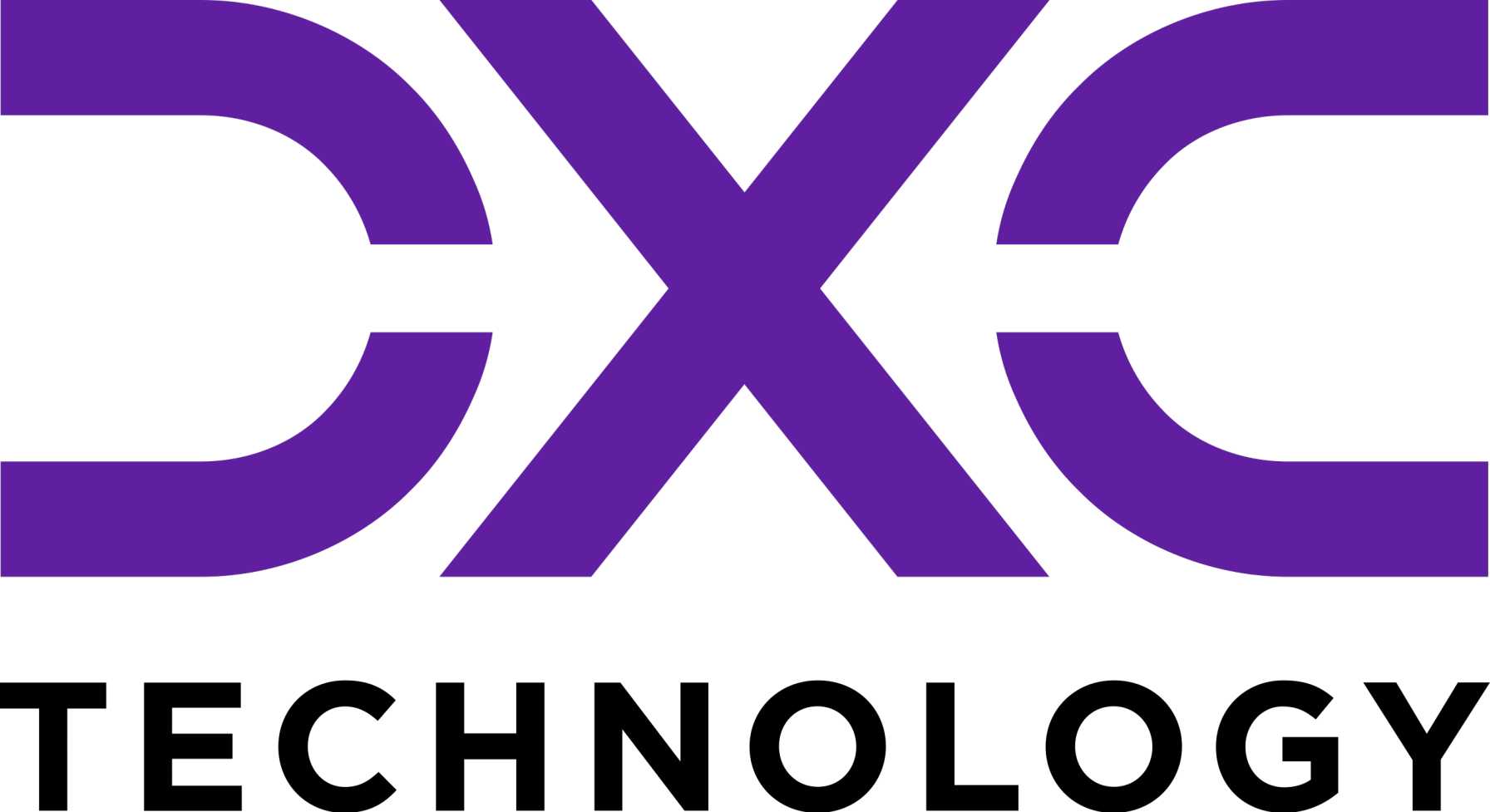DXC Technology says 46% of global executives view technical debt, or “tech debt,” as a major obstacle to innovation and growth.
 Technical debt refers to the hidden costs incurred when choosing a quick yet suboptimal solution over a more appropriate technology solution, which can result in long-term issues.
Technical debt refers to the hidden costs incurred when choosing a quick yet suboptimal solution over a more appropriate technology solution, which can result in long-term issues.
The global survey, commissioned by DXC Leading Edge, involved 750 C-suite information and technology executives, and it revealed an accountability crisis concerning technical debt.
While 99% of executives recognised the risk posed by technical debt, three out of four believed that IT leadership should bear sole responsibility for addressing it.
Michael Corcoran, Global Lead for Analytics & Engineering at DXC, emphasised the need for businesses to address technical debt promptly: “If business leaders don’t commit to addressing tech debt now, it will lead to a loss of resources, productivity, talent, and significant security implications.”

The study also highlighted a lack of awareness among business leaders regarding technical debt, with knowledge barriers (47%) and cultural barriers (38%) hindering modernisation efforts in organisations.
DXC Technology has unveiled a comprehensive four-step plan designed to effectively manage and diminish the burden of technical debt within organisations.
The plan entails a strategic shift by first reframing organisational debt as a pivotal aspect of modernisation, fostering forward-looking perspectives and encouraging open executive dialogues.
It subsequently calls for the involvement of the entire executive team in defining modernisation opportunities, emphasising the indispensable role of CTOs and CIOs in conveying the concept of organisational debt to the broader business stakeholders.
To further streamline the process, DXC advises organisations to customise their approach to clearing organisational barriers according to their unique needs while using industry profiles as a foundation.
Lastly, the plan highlights the importance of collective focus on the objectives and impacts of modernisation efforts across the organisation, promising tangible benefits like cost savings and enhanced employee experiences.
Dave Reid, Research Director of DXC Leading Edge, emphasised the importance of addressing technical debt: “Today we’re releasing our landmark study to help our customers and partners tackle this issue head on and begin to reap the long-promised but hard-to-realise benefits of modernisation and transformation.”
In addition to the four-step plan, DXC has introduced “The Tech Debt Audit,” enabling business leaders to assess the level of technical debt in their organisations and identify barriers to its resolution.

